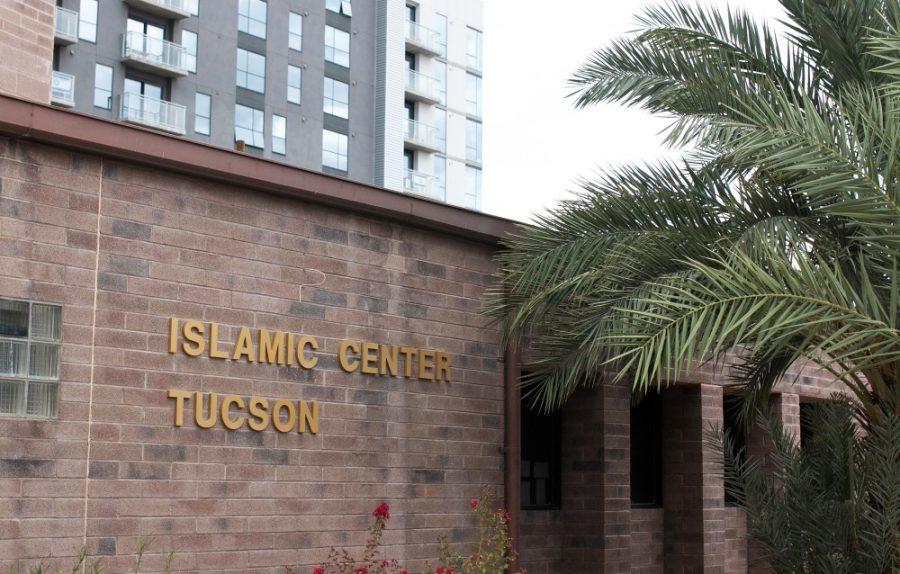The end of the Islamic lunar calendar sparks one of the largest gatherings of Muslims in the world, Eid al-Adha, and Tucson’s Islamic community will celebrate accordingly.
Two million people converge in Mecca to make Hajj, otherwise known as the obligatory pilgrimage for Muslims to make at least once in their lifetime, if they are financially capable to do so.
RELATED: Tucson community shines a light on mental illness
Because the Islamic calendar is lunar, it falls on different dates each year. This year, Eid al-Adha starts on the evening of Sunday, Sep. 11 and ends the evening of Thursday, Sep. 15.
On Monday, Sep. 12, there will be an enormous gathering at the Tucson Convention Center. Prayer will start around 8:30 a.m., where people celebrating will recite Takbir, which means, “God is the Greatest” in Arabic.
The holiday provides an opportunity for Muslims to dress up, socialize and take photos within their community.
RELATED: Study a-broaden your horizons
Hawa Muhamed, a pre-nursing freshman, said that Muslims treat Eid al-Adha as a very special occasion in every respect.
“In the morning we go to the celebration and say prayers,” Muhamed said. “On that day, we dress up.”
On Sunday, Sep. 11, there will be a barbecue party at McCormick Park, beginning at 4:30 p.m.
Ahmed Meiloud, director of the Islamic Center of Tucson, said Muslims commemorate Eid al-Adha because the prophet Abraham had a dream he would have to “slaughter” his son, Ismail.
Meiloud said Abraham told his son about this dream, and Ismael said if that is what he was ordered to do, he would remain patient.
“When [Abraham] took [Ismail] to slaughter him, God sent him a lamb for him to slaughter instead,” Meiloud said.
Therefore, Muslims sacrifice an animal — usually a lamb — at the end of Hajj to celebrate Eid al-Adha. They often donate the meat to the poor as an act of charity.
Tucson has a significant Muslim community, and it looks forward to celebrating this special holiday throughout the upcoming week.
Ruweda Hussein, a pre-nursing freshman, has big expectations for the celebration of this year’s Eid al-Adha.
“We go [to the celebration], pray and praise God,” she said. “After that, we go hang out with family and friends — they all come over so we can eat.”
Follow Maryam Sobhani on Twitter









